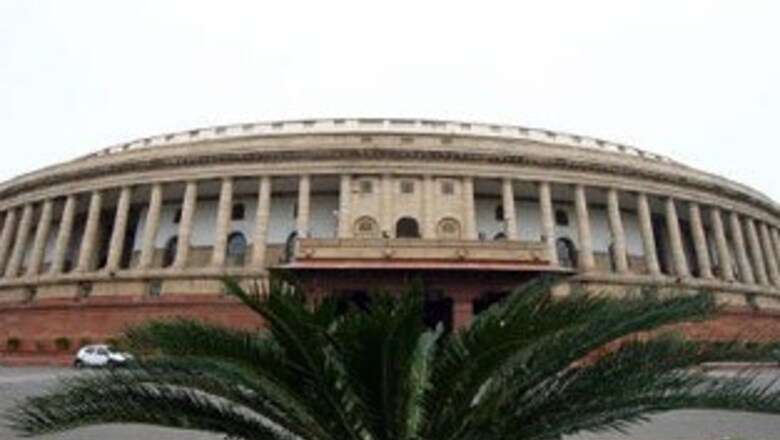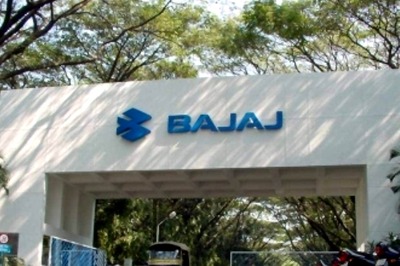
views
New Delhi: Government on Monday deferred the introduction of Judges' Assets Bill in Rajya Sabha after the Opposition including the Left Front objected to the Bill.
Opposition MPs argued that if assets of politicians could be made public the same rule should apply to judges as well.
During discussion on the Judges' Assets Bill, Leader of Opposition in Rajya Sabha Arun Jaitley of the Bharatiya Janata Party questioned the distribution of the Bill amongst the judiciary before it was introduced in the House.
Communist Party of India-Marxist leader Brinda Karat said that the Judges' Assets Bill was violative of the equality of all citizens.
Rajya Sabha MP Ram Jethmalani said that the Judges' Assets Bill showed that judiciary wanted favour from the executive.
"What this bill does is that judiciary is asking favour from the executive saying that don't disclose our assets but dislose others assets. It destroys the ethos of democracy," said the noted legal expert.
The government tried to counter by saying that there was an internal mechanism created by the Supreme Court to keep a tab on the assets of judges but the uproar by the Opposition benches and government's lack of majority forced Union Law Minister M Veerappa Moily to withdraw the Bill.
Earlier, Moily tried to reassure the Opposition.
"There is no law, whatsoever that judges will have to declare their assets as a liability. There is an internal mechanism created by the Supreme Court in their resolution. The first resolution is on the values of the judicial system and next on the declaration of the assets. We find a lot of corruption in the judiciary… we need to deal with that. What could not be asserted for 60 years, I am asserting today. Our Judges Inquiry Bill will be very comprehensive bill. We are working a road map for judicial reforms," said Moily.
However, there was an uproar in the House over the Bill and Rajya Sabha was adjourned till 1400 hrs IST.
The Bill would enable judges to keep details of their wealth out of the public realm.
Union Cabinet had approved the Bill in July but the bill has been opposed by the Opposition parties and activists, who say that it went against the Right To Information Act.
If Parliament passes the Bill High Court and Supreme Court judges would be the only people exempted from public scrutiny of their assets, a privilege which even the President and the Prime Minister do not enjoy.
Barring judges' assets, only strategic and security issues are outside the purview of the RTI Act.
Meanwhile, the Lok Sabha is likely to pass the Right to Education Bill on Monday, 16 years after the idea was first mooted.
The Bill aims to provide free and compulsory education to children in the age group of six to 14 and is one of the corner stones of the United Progressive Alliance Government's social sector reforms.
But the Bill is not without controversy and its passage will not be without hiccups.
Rights activists say it doesn't have provisions for children with disabilities and don't want it passed until provisions are made.
Some NGOs protested at Jantar Mantar in New Delhi on Monday morning to include provisions for children with disabilities in the Bill.
But Union Human Resource Development Minister Kapil Sibal has already warned that any delay could set back the passage of the Bill by months.
The Bill was introduced in the Lok Sabha last Friday.




















Comments
0 comment